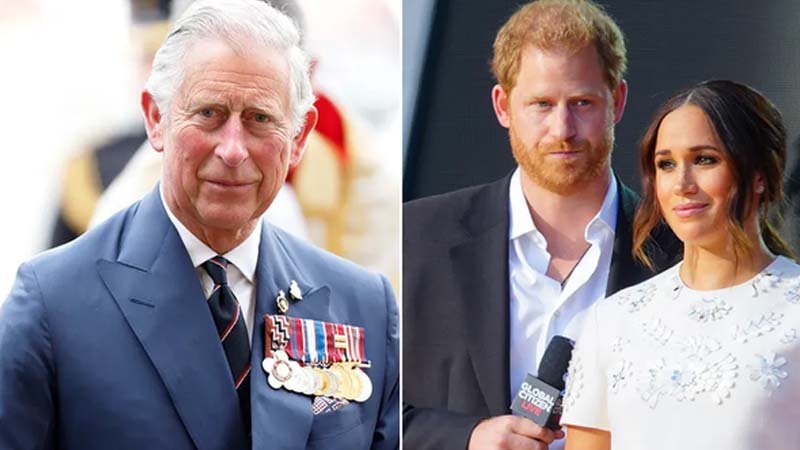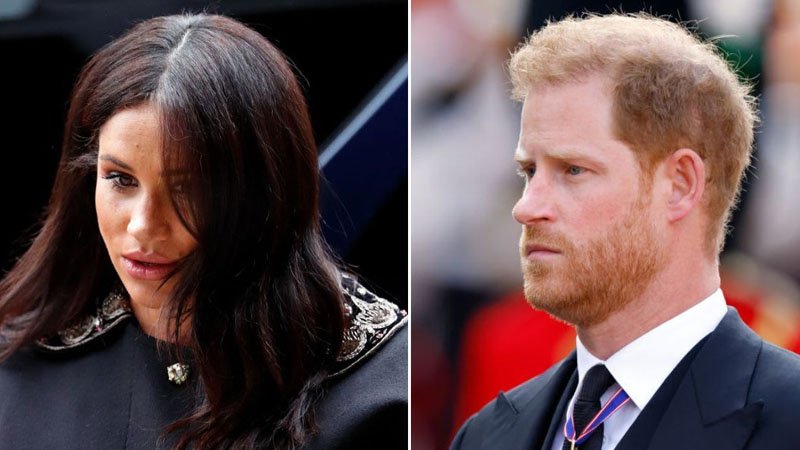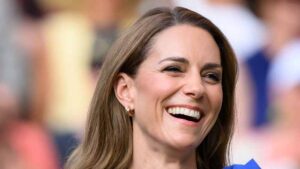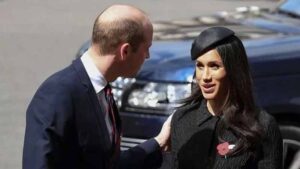
Getty Image
Prince Harry and Meghan Markle are currently experiencing some harsh critiques from experts, coinciding with King Charles’s royal tour in Australia. This unexpected backlash comes from Daniela Elser, who candidly expressed her views in a recent article for News.com.au.
Elser’s piece opens with a direct address to the Sussexes, stating, “Dear Harry and Meghan, it’s not you, it’s us. This might be an unpleasant message to hear, but this is hard for us too.” Her words reflect a sentiment that many in the public may feel: a realization that the couple, once perceived as special figures in the royal landscape, may not hold the same status in the eyes of the nation as they once believed.
She continued, “You thought you were special, we thought you were special. But it turns out that we as a nation are just hooked on HRHs.” This sentiment underscores a broader theme regarding the British public’s fascination with the royal family, particularly during high-profile events.
Elser pointed to the overwhelming turnout for King Charles and Queen Camilla’s recent appearances in Australia, where an estimated 10,000 people gathered to catch a glimpse of the royal couple. The scene was bustling with excitement as crowds thronged the Sydney Opera House forecourt, and the Botanic Gardens, and even waited on boats, all eager to engage with the monarchs. Elser noted, “These scenes got monarchists a bit excited and which gave those that greeted Prince Harry and Meghan, the Duke and Duchess of Sussex in 2018 a massive run for their money.”

In what can only be described as a significant moment, Sydney has managed to challenge a central tenet of the Sussexes’ decision to step back from royal duties—a concept popularly referred to as “Megxit.” Elser argues that the sheer enthusiasm and turnout for the current royal visit starkly contrast with the reception Harry and Meghan received during their time in Australia, indicating a shift in public sentiment.
She further elaborated on the implications of this public reception for the couple. Elser suggested that, “Sydney (and Canberra) have just delivered Harry and Meghan a stunning reality check.” The implication is clear: the couple’s brand, which once seemed resilient and unique, is now facing a reassessment as the public engages more fervently with the traditional royal family.
This perspective raises questions about Harry and Meghan’s ongoing relevance in the public eye, particularly as their previous efforts to carve out a distinct identity outside of the royal family appear to be overshadowed by the enduring popularity of King Charles and Queen Camilla.
As the royal family continues to receive enthusiastic support in Australia, Harry and Meghan are left to contend with a narrative that seems to diminish their status as influential figures. Elser’s candid commentary serves as a reminder that the dynamics of public perception can shift dramatically, and even those once viewed as “special” can find themselves confronted with a hard dose of reality.
In a world where royal image and public favor are inextricably linked, the Sussexes must navigate their path carefully amid a backdrop that continues to favor tradition over modernity.


